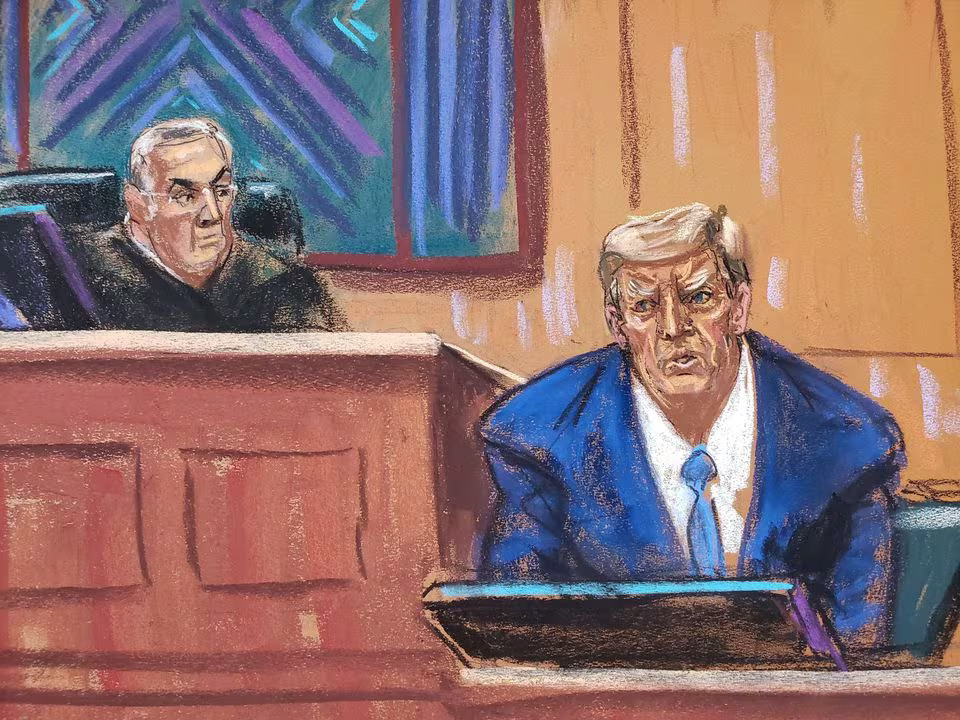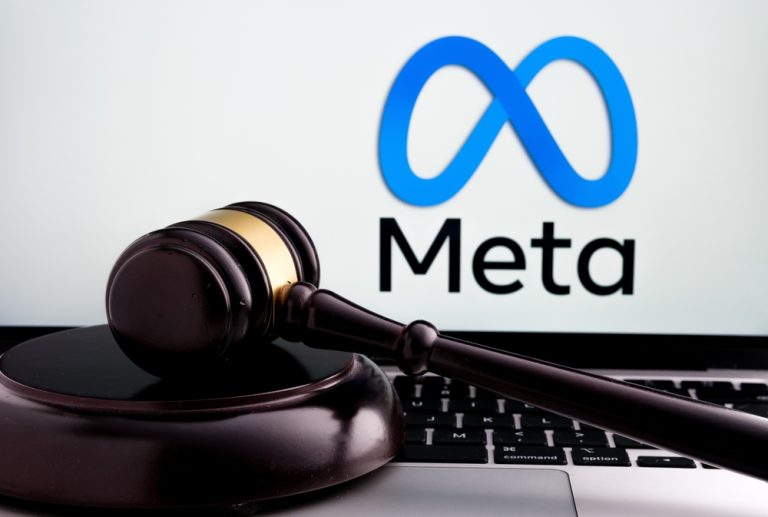In a notable development, a lawyer representing Donald Trump has raised concerns about a potential conflict of interest involving the judge in E. Jean Carroll’s defamation trial, which could cast doubt on the legitimacy of the $83.3 million award granted to the writer. Alina Habba, Trump’s attorney, referenced a New York Post article from January 27 that shed light on U.S. District Judge Lewis Kaplan’s alleged past working relationship with Carroll’s lawyer, Roberta Kaplan, who is unrelated to the judge. This connection, rooted in their time at the law firm Paul, Weiss, Rifkind, Wharton & Garrison in the early 1990s, has prompted questions about the impartiality of the trial’s proceedings.
Habba’s concerns stem from both lawyers’ overlapping tenure at Paul Weiss, suggesting that Judge Kaplan’s mentorship of Roberta Kaplan could influence the trial’s outcome. The letter to the federal court highlighted this relationship’s “particularly concerning” nature, suggesting it might warrant a new trial on both liability and damages. Habba criticized Judge Kaplan’s treatment of Trump’s defence as “overtly hostile” and perceived a bias favouring Carroll. The call for a new trial is further bolstered by the recent $83.3 million verdict against Trump, rooted in his 2019 denials of raping Carroll in the mid-1990s.
The implications of this potential conflict are significant, touching on the integrity of the judicial process. The Code of Conduct for U.S. Judges is cited as a foundational principle, emphasizing the importance of judicial impartiality, especially when previous associations could be called into question. The hefty sum awarded to Carroll, comprising compensatory and punitive damages, underscores the stakes in this legal battle.
As the debate over the verdict’s validity unfolds, the legal community and the public await further developments. The call for a retrial introduces a pivotal chapter in this high-profile case, highlighting the intricate balance between legal associations and the pursuit of impartial justice. The resolution of this matter could set a precedent for how potential conflicts of interest are addressed in the courtroom, ensuring that the scales of justice remain balanced.























+ There are no comments
Add yours